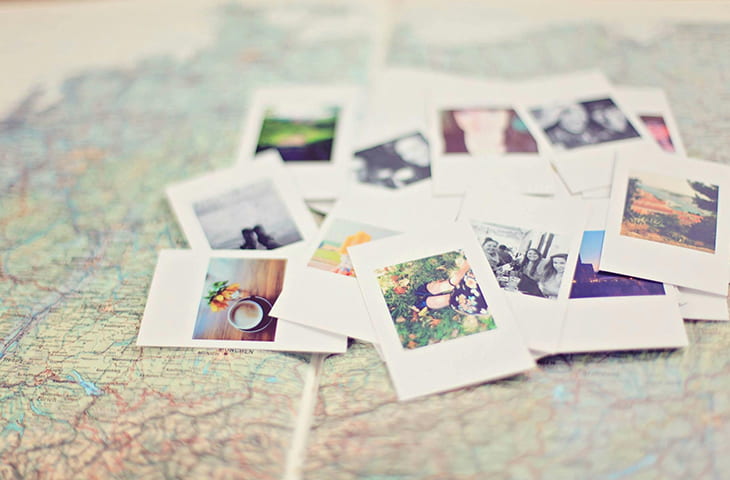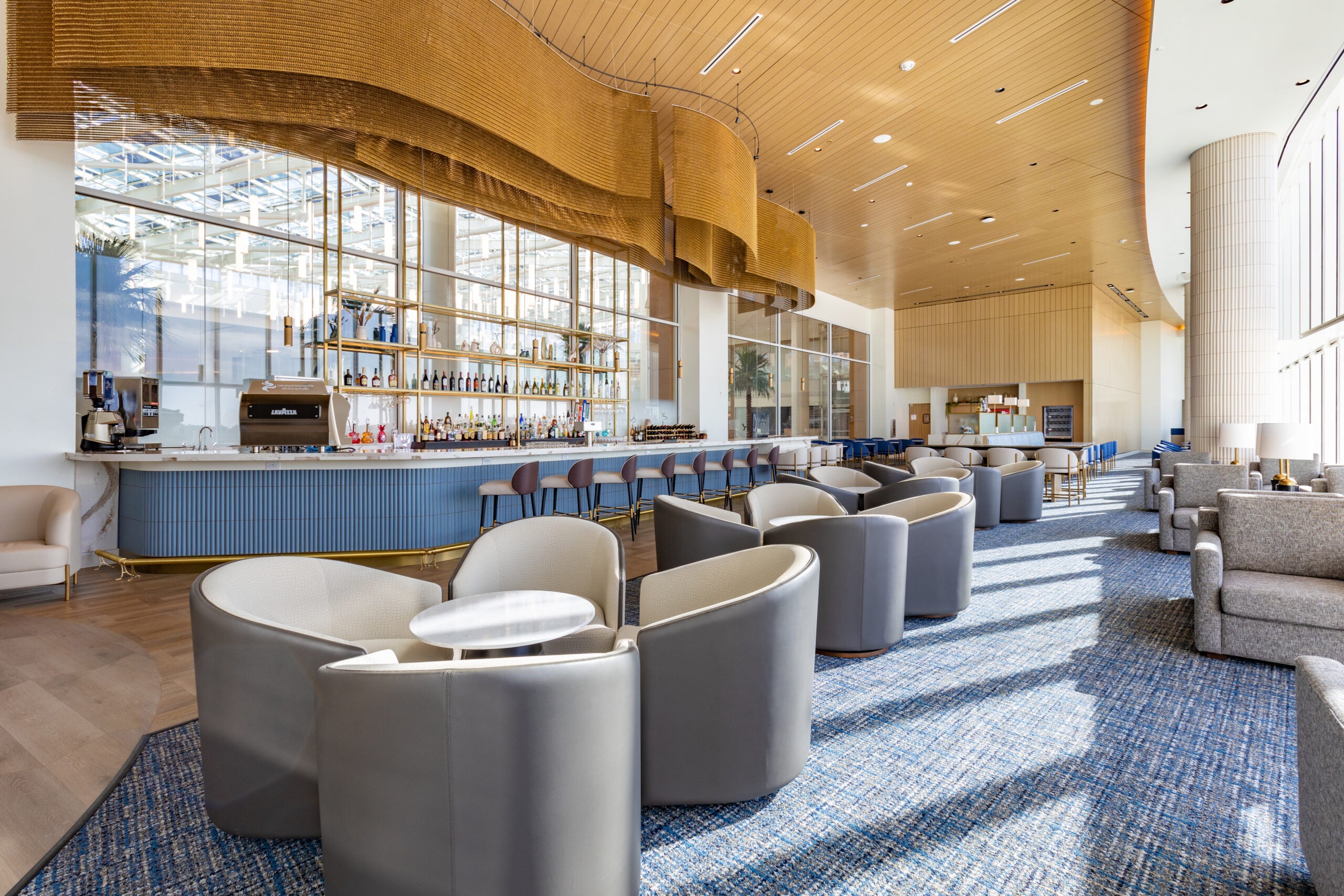Kaspersky’s Safe Travel Guide | Kaspersky Official Blog

Holiday season is a wonderful time — one when all the usual worries take a back seat. On vacation we focus on sights and local culture, and try in every possible way to remove ourselves from our usual routines. But being away from home brings with it some travel concerns to keep in mind; for example, how should one properly use transportation in another country so as not to fall for local scammers’ tricks; also: who should one call in an emergency?
Kaspersky experts have compiled answers to these and many other related questions. In our guide (in convenient PDF format) we’ve collected together some tips and recommendations for you on how to make traveling safe, easy and enjoyable.
Transportation
As to transportation arrangements, above all, learn how to obtain a local bus pass, avoid traveling during rush hours, and don’t take large amounts of cash with you when using public transport. If these tips are obvious to you, here are some other, not-so-typical vacation safety tips:
- Use a navigation app popular in the location. Local apps often provide better guidance than more common options like Google Maps. Remember: you should only download new applications from official stores, but malware may lurk there too — so be sure to keep strong protection.
- Observe local driving laws. At a minimum, make sure you know whether they drive on the right or the left of the road in the country you’re visiting. This is especially important if you plan to rent a car, bicycle, or any other transportation.
- Download transportation schemes and offline maps to your smartphone. It’s safer than connecting to public Wi-Fi hotspots every time.
Accommodation
Choosing the right hotel, apartment, or even room is one of the key parts of a great trip. It’s important to choose accommodation based on needs and possibilities to find the golden mean:
- seek out newly opened hotels to save money;
- choose a corner room to get a better view;
- let staff know about special occasions;
- book business-oriented hotels during weekends;
- monitor rates even after you book;
- consider room upgrades;
- download the hotel’s mobile app, if available.
And most importantly, when looking for accommodation, use specialized services rather than clicking on suspicious links in email. If you want to ensure maximum protection, use the top anti-phishing solution.
Entertainment
Can you imagine how frustrating it’d be to spend money on a vacation organized around a concert of your favorite artist, only find out at the entrance that your ticket is fake? To prevent this from happening to you, follow our advice.
- Buy tickets from official websites. Believe me, scammers have “tickets” to any event: to the theater or to an exhibition, to the Burning Man festival, soccer tournaments, and even to the Olympics.
- Look for discounts, but wisely. Students can get an ISIC — ultimate student discount and travel card — while everyone else should look for packages and hot deals. The key is not to fall for the typical scam tricks; attackers love discount fans.
- Find local activities. Tourist attractions are good, of course, but how fun would it be to dig into local forums and interest groups to find like-minded people in another city, country, or even continent?
- Set your VPN to your destination’s location. Use a VPN set to the location you plan to visit. This makes your searches more local, showing you events that are popular among the residents rather than those tailored for tourists.
Remember not to share photos of tickets, including boarding passes, on social media — scammers or just haters can use this information against you.
Dating
We’ve already written many times about how to safely get acquainted with people in dating apps, so here we’ve collected the very best recommendations, which together with reliable protection will help you get the most out of holiday romances:
- choose reputable dating apps;
- use the built-on messenger function of dating platforms; don’t go straight to Telegram or any other messenger;
- don’t share personal information with unfamiliar people;
- use unique photos and make your profile as private as possible;
- meet in public settings;
- keep a contact informed;
- don’t feel obligated to stay at a meet-up; if you feel uncomfortable with a person, end it as soon as possible.
Shopping
Offline shopping is, of course, much more straightforward than online shopping, but they do have a few similarities when it comes to security.
- Use a separate bank card for traveling with a set limit, and don’t keep large sums of money on a card.
- Use secure ATMs that are located at a bank branch. This way you will be safer withdrawing money, and most likely you’ll avoid skimmers.
Studying local trading patterns is often worth it. In some countries haggling is the norm; in others — drinking tea during negotiations is. Whatever the case, bone-up on local laws and customs beforehand to avoid possible misunderstandings.
Keep all receipts — this will help with customs or tax declarations when you go home, and will also come in handy when returning or exchanging goods.
Taking the kids on vacation
Children spice things up. But whether it’s a pleasant spiciness or a scorching vindaloo curry is up to you:
- choose family-oriented accommodation;
- plan lighter travel days;
- take snacks, water, extra clothes, and entertainment for your child on the road;
- seek out child discounts;
- take a first-aid kit and keep a list of nearby medical facilities on your smartphone.
And don’t forget the house rules that should apply on vacation too — monitor the screen time of your child's devices, and track their location even when they’re away from home.
Other safe-travel tips and advice can be found in our full PDF guide. Save it to your device and use it as a guide for every trip. Bon voyage!


